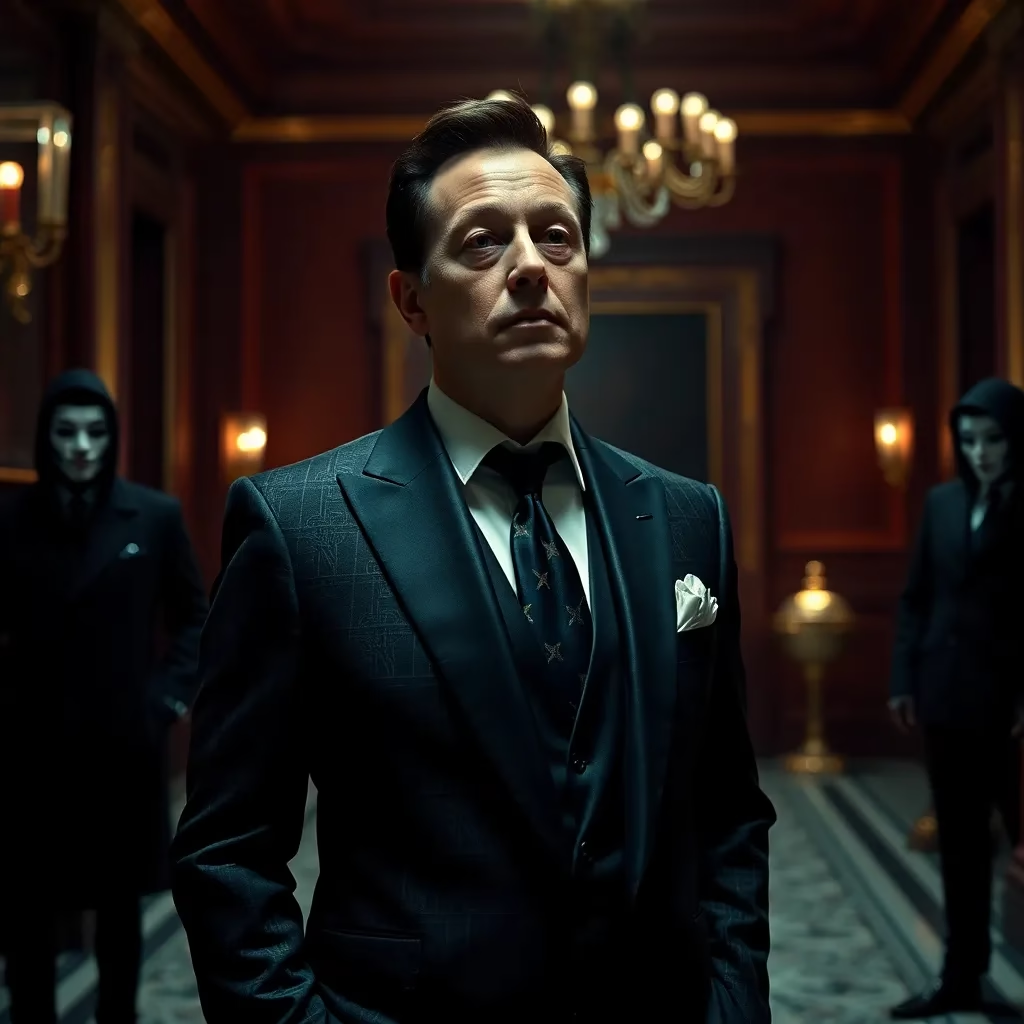The cultural phenomenon of Netflix’s Squid Game has taken the world by storm, and as it gears up for its third season, its creator, Hwang Dong-hyuk, draws sharp parallels between the show’s fictional billionaires and real-world figures like Elon Musk. In a captivating interview, Hwang reveals how these wealthy villains now accurately mirror prominent billionaires who have a profound influence over global events.
“Elon Musk is everywhere these days,” Hwang stated, signifying the extent of Musk’s visibility in modern society. His ascent to fame embodies the show’s critique of the ultra-rich, as characters designed around billionaires have become increasingly relevant. With Musk’s recent departure from the Trump administration’s controversial Department of Government Efficiency (DOGE), the lines between entertainment and reality blur further, offering a compelling narrative in Squid Game.
- Visible Oligarchs: Hwang explains how today’s billionaires are shedding their anonymity, openly wielding power that shapes the socio-economic landscape.
- Squid Game Themes: The show’s VIP characters reflect society’s concerns over wealth concentration and the moral implications of unchecked power.
- The Evolution of Wealth Representation: The notable shift from masked villains to active participants within the show echoes real-life events, as seen in Musk’s interactions and declarations.
In the final installment premiering on June 27, Squid Game presents a darkly humorous take on billionaires who abandon their masks, literally and metaphorically, to hunt down contestants. This shocking portrayal is a direct response to the frustration many feel towards the oligarchs who control vast resources and maintain a stronghold on societal narratives.
Hwang further elaborates that these individuals, who once operated from behind closed doors, are now openly proclaiming their power. “The people who really control the power and the system, they no longer hide behind a curtain,” he emphasized. This transparency fundamentally alters the conversation around wealth and governance, especially in America.
At the crux of this analysis is Musk’s staggering net worth, currently at $409.8 billion, which dwarfs the GDP of multiple countries. Such figures serve as a backdrop to the narrative woven within Squid Game, rendering its characters as more than mere fiction—they are reflections of a societal reality plagued by inequality and the visible influence of the wealthy elite.
Moreover, as global political divisions deepen, Hwang finds inspiration in current events, including South Korea’s political turmoil and the lavish lifestyles of billionaires like Jeff Bezos. This commentary is encased in dramatic sequences where figures resembling these moguls partake in the gruesome trials within the show. It stands as a thought-provoking critique on how oligarchs increasingly shape the world, trading in their shadows for the center stage of society.
In conclusion, as Squid Game embarks on its final season, it not only entertains but challenges viewers to reckon with the reality of wealth and power in today’s world—through the lens of one of Netflix’s most revolutionary series.



